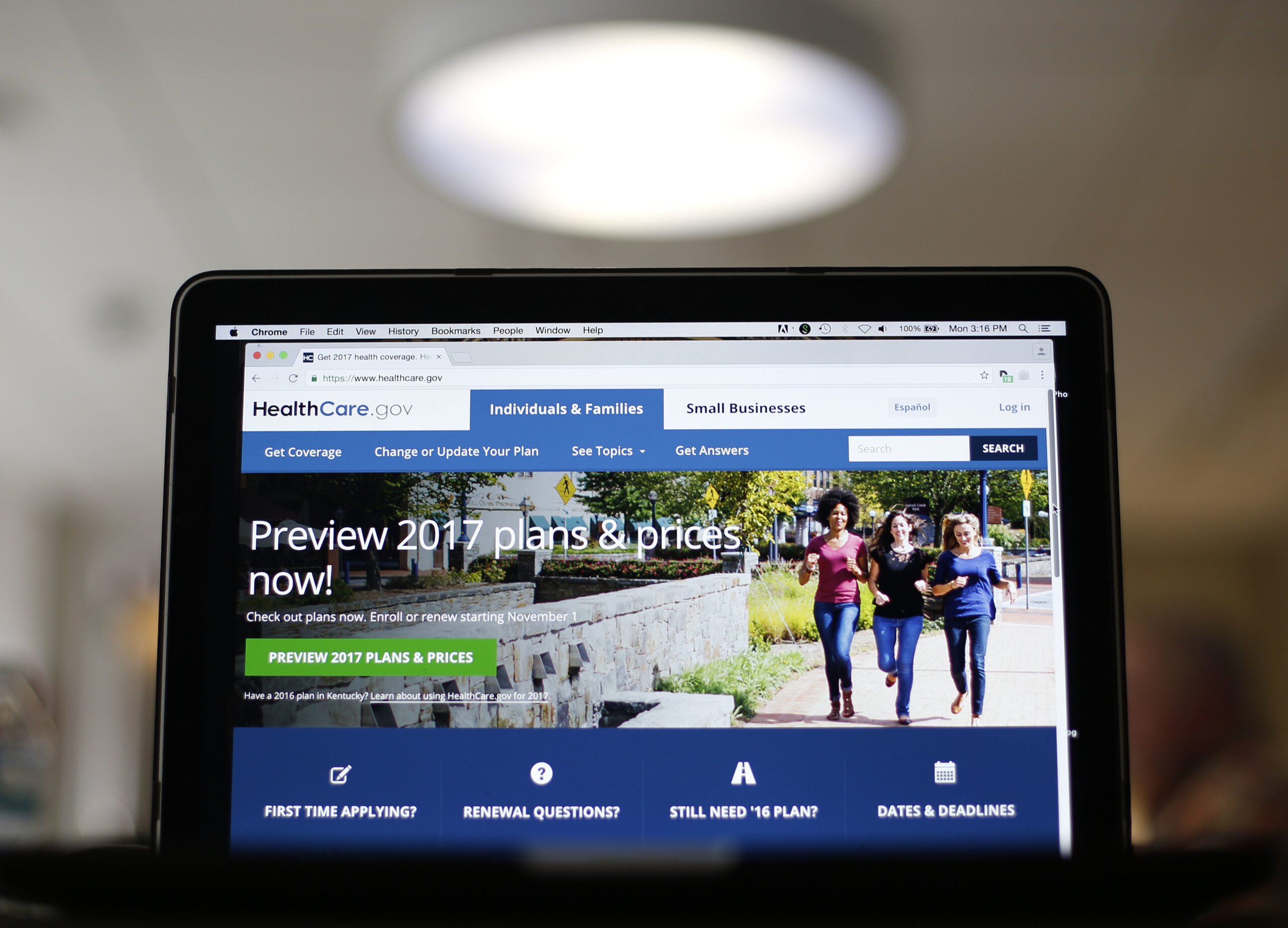Clarkston Nonprofit To Receive All Of Georgia’s Healthcare ‘Navigator’ Funding

The Georgia Refugee Health and Mental Health, in Clarkston, will receive the full $500,000 allocated for to Georgia healthcare navigators this year.
Pablo Martinez Monsivais / Associated Press
Only one group in Georgia will receive all of the federal funding allocated for healthcare navigators this year. Navigators help people sign up for health insurance through the Affordable Care Act.
The Centers for Medicare and Medicaid Services said that’s because it wants to be more cost-effective with the navigator program nationwide and announced the Georgia Refugee Health and Mental Health, in Clarkston, will receive the full $500,000 allocated to Georgia this year.
Last year, the state received $1.5 million to hire navigators and $3 million the year before that.
“It was a surprise that this small nonprofit got the whole statewide contract,” Andy Miller, editor and CEO of Georgia Healthcare News. said. “It’ll be a challenge for them: they have focused on DeKalb County, Gwinnett County immigrant and refugee populations. So now they’ll be faced with signing up people all over the state. One of the reasons why they were selected I think was because they argued that they got more signups per dollar of funding than others … and I think probably that’s why the feds picked them.”
Insure Georgia and the Georgia Primary Care Association are the two other groups that received funding last year.
“The federal agency overseeing this basically is saying that insurance brokers and agents are doing a very good job and are more cost-effective than navigators,” Miller said. “And so they’ve cut the funding for these counselors to the point where now it’s down to about a third of what it was last year. And insurance brokers and agents are doing a good job in signing people up for the exchange, but they don’t reach a lot of populations that are chronically uninsured. And so that’s where the navigators come in.”
Miller says it could be difficult for one small group in DeKalb County to serve residents in rural parts of the state.
Thirteen percent of Georgia residents are uninsured, one of the highest rates nationwide.
This year, there will be no tax penalty for not having health insurance.
“The one big difference this year is that the insurance mandate to have coverage goes away so people won’t face a tax penalty for not having insurance so we’ll have to see how that affects the sign up numbers both here in Georgia and nationally,” Miller said.
Open enrollment begins on November 1.








